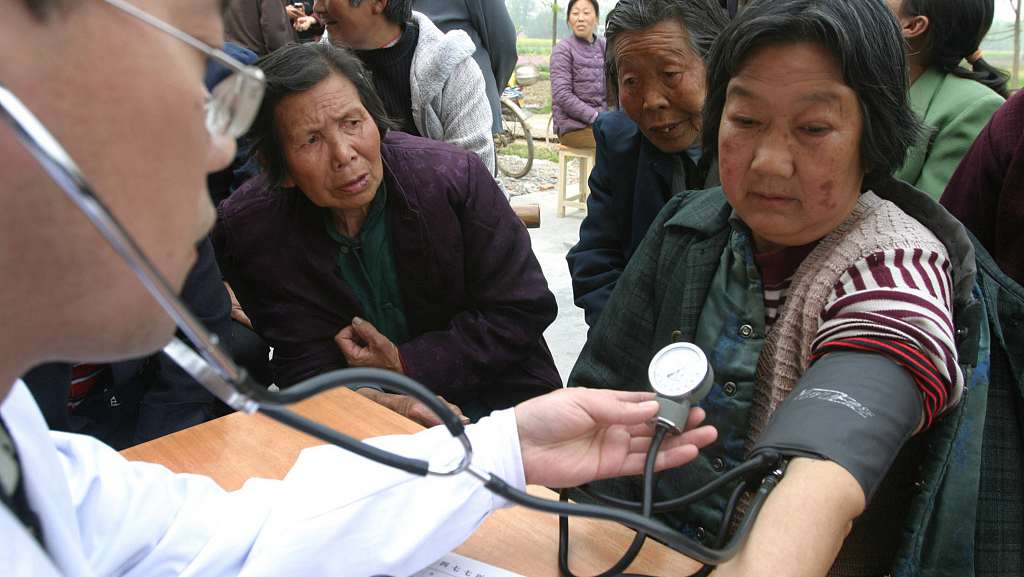
Health
10:51, 05-Mar-2019
China to ensure affordable, accessible basic medical services
Updated
11:47, 05-Mar-2019
CGTN
02:27

China will continue its effort to ensure basic medical and health services, and take strong action for prevention and treatment of serious diseases, according to the government work report delivered by Chinese Premier Li Keqiang at the second session of the 13th National People's Congress (NPC) on Tuesday.
The country will take measures to further reduce the burden of medical care, including the increase in medical insurance cost and reimbursement.
"We will continue to increase basic medical insurance and serious disease insurance protection for rural and non-working urban residents," said Li.
The government subsidies for resident's medical insurance will be raised by an average of 30 yuan (about 4.5 U.S. dollars) per person, half of which is to be used for serious disease insurance, he added.
The deductible limit for serious disease insurance will be lowered and unified. The reimbursement rate would be increased from the current 50 percent to 60 percent.
Outpatient medicines for treating high blood pressure, diabetes, and so forth, will be put under reimbursable category in the medical insurance scheme.
With a large number of Chinese suffering from cancer, the country will take action for prevention and treatment, and promote effective diagnostic approaches. It will also boost breakthroughs in cancer research.
Besides cancers, diagnosis and treatment of common chronic illnesses will be improved.
Medical treatment will be made easier for migrant population and senior citizens. China is implementing a policy that ensures interprovincial on-the-spot settlement of medical bills through basic medical insurance accounts.
It will also enable the use of medical insurance cards for treatment in designated hospitals with bills settled straight away regardless of the patient's residence location.

SITEMAP
Copyright © 2018 CGTN. Beijing ICP prepared NO.16065310-3
Copyright © 2018 CGTN. Beijing ICP prepared NO.16065310-3